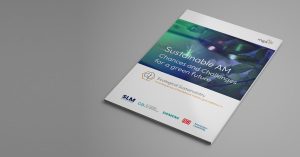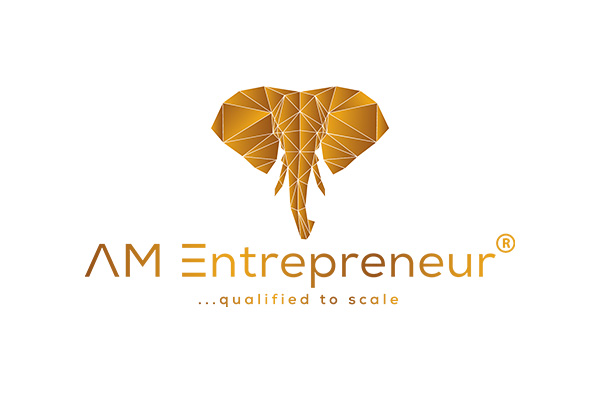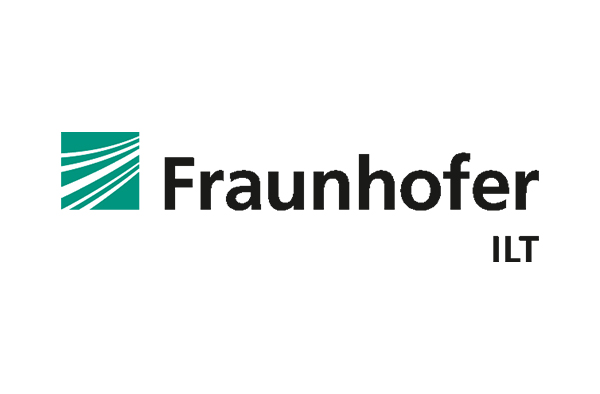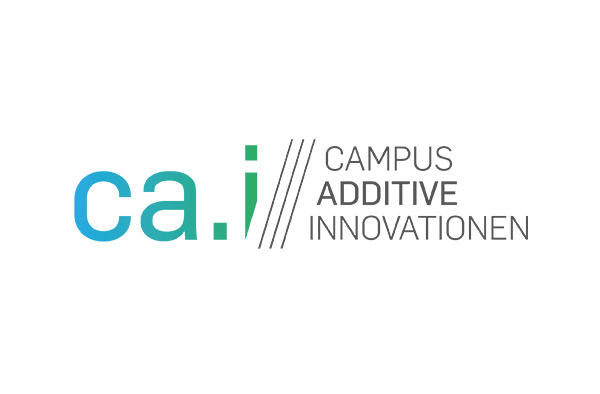This includes topics like the carbon footprint, energy consumption, waste reduction, the reuse of valuable materials and the recycling of unavoidable waste.
Our Mission: Focusing on concrete facts and figures to correctly evaluate the ecological potential of Additive Manufacturing and assess neutrally and unbiased how green this technology in relation to other manufacturing technologies is. Additionally, the Working Group develops approaches in materials, technologies and business models to improve the ecological impact of AM processes and technologies.

Download Management Summary:
Sustainable AM Chances – and challenges for a green future




















